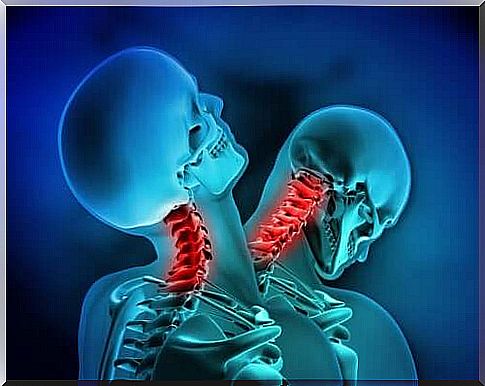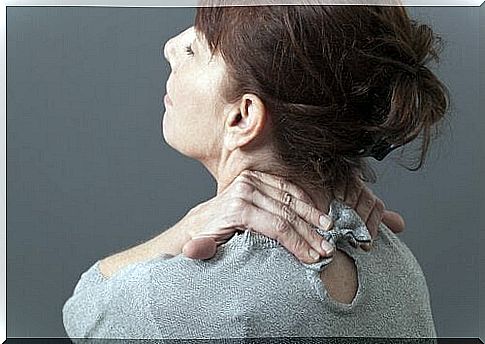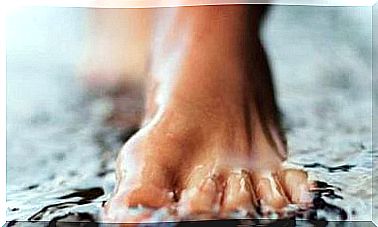Whiplash: Symptoms, Causes And Treatment

Today we will discuss the symptoms and treatment of whiplash. Thousands of people get involved in car accidents every year. In fact, car-related accidents are still one of the leading causes of death in many countries.
Nevertheless, even when a car accident does not result in death, the consequences can still be very serious. One of the most common and annoying consequences of car accidents is whiplash.
Whiplash is pain in the neck that manifests when this sensitive part of the body is subjected to sudden acceleration and deceleration. Therefore, it tends to manifest itself after a car accident where someone has had to make a sudden braking.
Another situation where whiplash commonly manifests is when one is hit from behind on the road. The symptoms of whiplash vary and can be both bothersome and dangerous.
In this article we will tell you everything you need to know about the symptoms, causes and treatment of whiplash.

Why do people get whipped?
When you make a sudden braking, or something drives up behind your car, the car’s acceleration is transmitted directly to your neck. It causes the weight of your head (usually around 8 kg) to rise to around 50 kg. It is a much larger weight than the cervical vertebra can support.
Because of this weight, the neck ligaments or muscles are torn over. One of the primary symptoms of whiplash is intense pain in the area, which can spread to the head or back.
Some studies show that symptoms of whiplash are not related to any sprain. Some experts suggest that it is actually a psychosomatic problem. In other words, it can simply be a product of stress rather than a physical injury.
In general, it is not a very dangerous condition. It even has a tendency to disappear by itself after a few days. However, the symptoms sometimes last for a long time or are particularly severe. In this case, experts recommend that one be seen by a doctor to rule out major problems.
Most common symptoms of whiplash
- Neck pain: Tends to manifest immediately or in the hours following the accident.
- Stiffness in the neck: This is manifested by the fact that it is difficult to move the neck.
- Pain in the head: Usually in the upper part of the head.
- Dizziness: A feeling that you will suddenly lose balance at any moment.

Some people have less common symptoms. For example, some people with whiplash complain that the pain extends to the arms or legs. Furthermore, they may suffer from tinnitus (an annoying ringing in the ears).
Some people even manifest emotional symptoms, such as anxiety and post-traumatic stress disorder due to the accident.
How is it treated?
Whiplash responds well to treatment. Until recently, experts recommended that those who suffer from it should avoid moving their neck too much because they argued that it would speed healing. This is because they believed that an internal neck sprain was the cause of the whiplash.
Despite these old assumptions, recent studies show that the use of a neck collar to immobilize the neck can lead to a longer healing time. It actually weakens the muscles in the area because there is still an uneven load on them as some will always be tense and others will always be relaxed.
Therefore, experts today recommend that people with whiplash try to lead a normal life after their accident. They recommend the use of surgical collars for specific purposes, such as driving.
Conversely , there are some experts who say that physical exercises to strengthen the neck muscles can reduce the healing time. In cases where there is a lot of pain, one can also benefit from painkillers and anti-inflammatory drugs.
As you can see, whiplash can be quite annoying. Nevertheless, the symptoms of whiplash are usually not signs of serious consequences. If you seem to have long-term emotional problems after a car accident, you should seek help from a psychotherapist.









